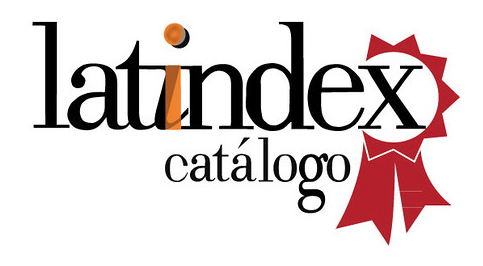Planificación y gestión de la ciudad para la sociedad emergente
Resumen
Índice- ¿Podemos predecir el futuro?
- Los elementos fundamentales de la ciudad del futuro.
- Demografía.
- Economía.
- Tecnología.
- Riqueza y consumo.
- Transporte.
- Bibliografía.
Resumen
Tras una breve reflexión sobre la naturaleza de las predicciones y sus limitaciones como base de la planificación, este artículo se centra en el análisis de las principales tendencias que darán forma a las ciudades europeas en los primeros años del próximo siglo: aspectos demográficos, económicos, tecnológicos, relativos al nivel de vida y al consumo y transporte. A partir del análisis de ellos, el autor delinea cuestiones emergentes. La fundamental es la aparición de un conflicto, cada vez más claro, entre dos tipos de intereses que parecen estar sustituyendo las líneas tradicionales de oposición política entre capital y trabajo: por un lado, el impulso hacia la creación de riqueza y, por el otro, la conservación del medio ambiente. Estas cuestiones, aparentemente irreconciliables, pueden ser, sin embargo, conjugadas: a este objetivo responden algunas de las tendencias dominantes en el urbanismo de los años 90. A pesar de la aceptación general de estos principios, se pueden advertir algunos conflictos a la hora de ponerlos en práctica a través de políticas específicas.
Abstract
Following a brief reflection on the nature of forecasts and their limitations as the basis for planning, this article centres on the analysis of the main trends that will shape European cities in the early years of the 2I st century: demographic, economic and technological aspects, and others to do with the standard of living, consumption and transport. Based on an analysis of the trends in each of these aspects, the writer outlines certain issues which are surfacing, the principal one being the appea rance of an increasingly patent conflict between two types of interests which seem to be replacing the traditional lines of political opposition between capital and labour' on the one hand the drive to create wealth and, on the other, conservation of the environment. This conflict sometimes appears as opposition, which can occur in one and the sane person, between the interests of the producer, basically the creation and maintenance of jobs, and the interests of the consumer, particularly those to do with collective consumption. However, these apparently irreconcilable issues can be brought closer together, which is the aim of some of the predominant trends in urban planning of the nineties: green growth, sustainable development, compact cities, and public transport as opposed to roads. Despite the all-round acceptance of these general principles, certain conflicts are noticeable when it comes to putting them into practice through specific policies; this is how attention is drawn to the problem of who is to pay for the cost of obtaining a higher quality environment and the limitations arising from the democratic system, where the decision-makers are dependent on the taxpayers whom they represent.
Descargas
Descargas
Publicado
Número
Sección
Licencia
El copyright del texto y la edición será cedido por los autores a la Revista Urban del Departamento de Urbanística y Ordenación del Territorio (Escuela Técnica Superior de Arquitectura de Madrid - Universidad Politécnica de Madrid).
Esta cesión se realizará mediante la firma y envío vía mail al Equipo Editorial del modelo de carta que se encuentra en la web de la revista.
La revista permite el auto-archivo de la versión post-print (en su versión editorial) después de un periodo de 12 meses tras la publicación de la revista. La Revista Urban autoriza este auto-archivo en páginas web personales de los autores y repositorios institucionales y/o temáticos.
Urban is an open access journal which means that all content is freely available without charge to the user or his/her institution. Users are allowed to read, download, copy, distribute, print, search, or link to the full texts of the articles on this journal without asking prior permission from the publisher or the author. This is in accordance with the BOAI definition of open access.









